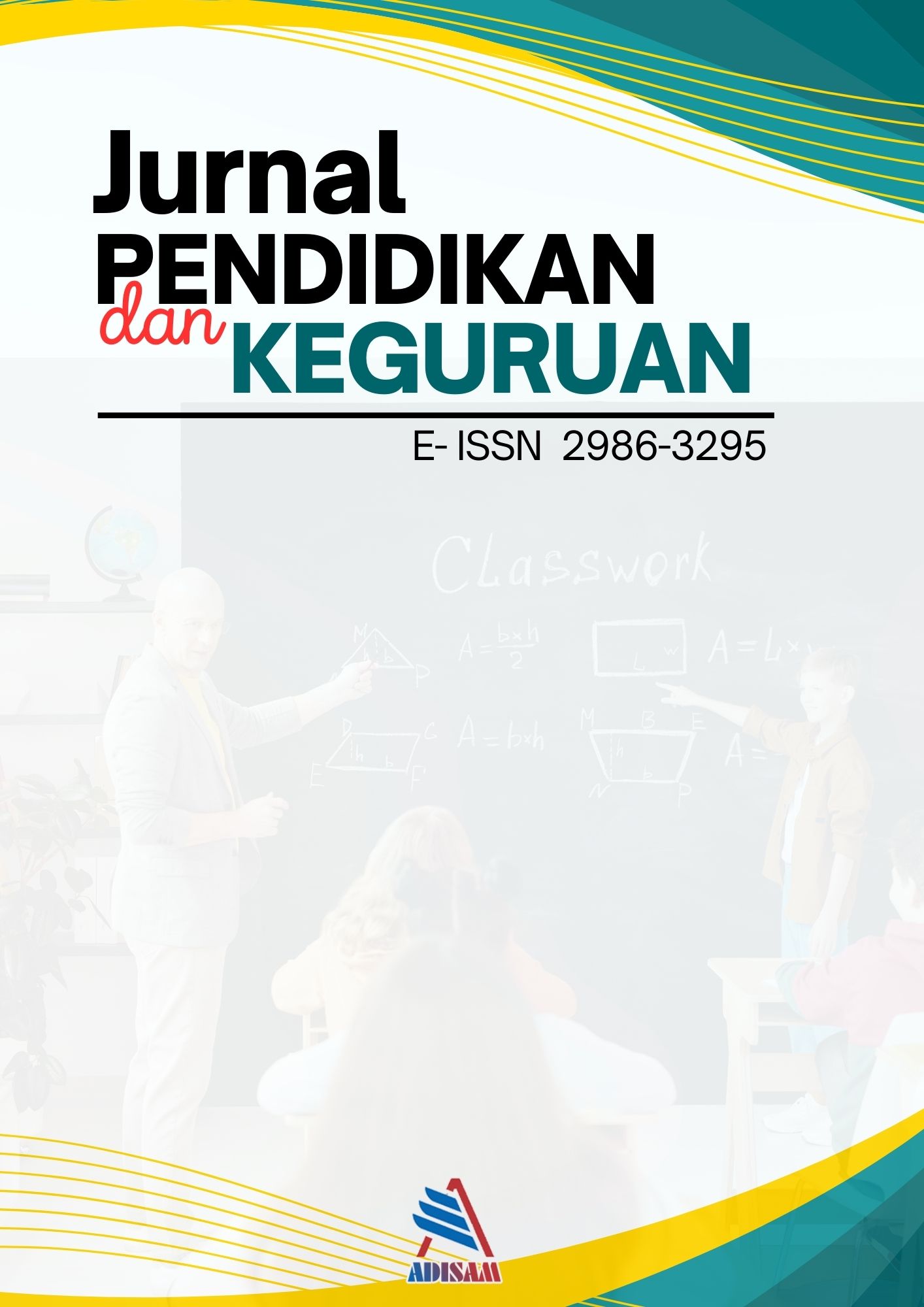EXPLORING FACTORS TO INFLUENCE STUDENTS’ SKRIPSI WRITING ANXIETY
Keywords:
Factors of Writing Anxiety, Skripsi Writing Anxiety, Writing SkillsAbstract
The aims of this study is to analyze and investigate the factors that influence the students of English Language Education Study Programme, Universitas Negeri Gorontalo experience writing anxiety during the procces to completing their skripsi. This Descriptive Quantitative research applied the theory of Ferolino (2022) about the factors of skripsi writing anxiety, which consist of Factors of Personal, Factors of Peer and Factors of Mentor. The sample of this study is 15 students of English Language Education Study Programme, class of 2019 that in the process of skripsi writing. Data collection in this study uses research data collection instruments in the form of questionnaires, which powerd by Google Form. Furthermore, The data was analyzed using the Likert Scale and interpreted using Ferlino's theory (2022) about the factors of skripsi writing anxiety. The results of this study showed that the Personal Factor was the factor that is most agreed by the respondents with a percentage of 73.3%, followed by the Skripsi Mentor Factor with a percentage of 66.7%, and the last was the Peer Factor with a percentage of 60.0%. Thus, it can be concluded that Compared to the other two factors, the Personal Factor was the factor that most affects the skripsi writing anxiety to the students of English Language Education Study Programme, Universitas Negeri Gorontalo, class of 2019.
Downloads
References
Al-Sawalha, A. M. S., Chow, T. V. V., & Foo, T. V. (2012). The effects of writing apprehension in English on the writing process of Jordanian EFL students at Yarmouk University. International Interdisciplinary Journal of Education, 1(1), 6-14.
Ary, Donald, Lucy C Jacobs, Asghar Razavieh & Chris Sorensen. Introduction to Research in Education (8th Ed.). New York: Wadsworth/Thomson Learning, 2010.
Barlow, D. H. (2002). Anxiety and its disorders: The nature and treatment of anxiety and panic. Guilford Press.
Barlow, J. (2002). "Anxiety: A Comprehensive Overview." Journal of Psychological Perspectives, 25(3), 123-145.
Braun, V., & Clarke, V. (2006). Using thematic analysis in psychology. Qualitative Research in Psychology, 3(2), 77-101.
Cassady, J. C., & Johnson, R. E. (2002). Cognitive test anxiety and academic performance. Contemporary Educational Psychology, 27(2), 270-295.
Creswell, J. W. (2013). Qualitative inquiry and research design: Choosing among five approaches. Sage Publications.
Ferolino, et al. (2022). "Understanding Writing Anxiety in Thesis Preparation: A Study on University Students." Journal of Academic Writing, 15(2), 45-62.
Flower, L. (2018). "Writing as a Dynamic Process: Understanding the Iterative Nature of Drafting, Revising, and Rethinking." Journal of Writing Studies, 33(4), 567-582.
Harahap, Y. O., & Syarif, H. (2022, February). Students’ anxiety in writing introduction of thesis proposal at Universitas Muslim Nusantara Al-Washliyah Medan. In 67th TEFLIN International Virtual Conference & the 9th ICOELT 2021 (TEFLIN ICOELT 2021) (pp. 228-232). Atlantis Press.
Hewitt, P. L., & Flett, G. L. (2019). Perfectionism and stress processes in psychopathology. In L.
J. Sportel & S. M. Turner (Eds.), The psychology of perfectionism: Theory, research, applications (pp. 187-205). Routledge.










